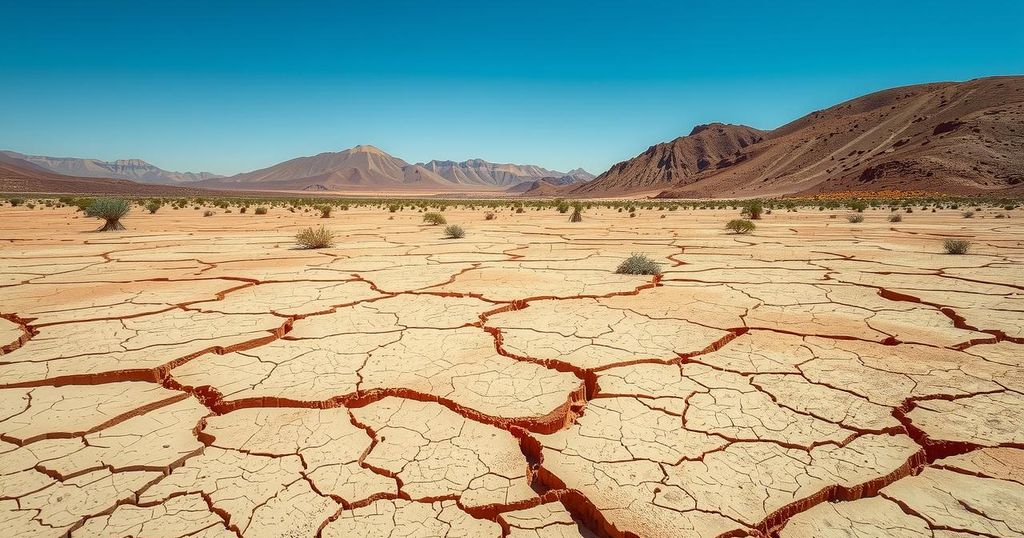Somalia’s Severe Water Crisis: WASH Cluster Drought Update as of March 2025

As of March 2025, Somalia is confronting a severe water crisis due to consecutive failed rainy seasons. Over 3 million individuals are facing acute water shortages, with predictions indicating below-average rainfall for the upcoming Gu season. The crisis is causing significant impacts on groundwater levels, agricultural productivity, and communities reliant on livestock.
Somalia is experiencing a profound water crisis exacerbated by consecutive failed rainy seasons, with projections suggesting below-average rainfall for the upcoming Gu season, spanning from April to June 2025. The previous Deyr 2024 rains were erratic and poorly distributed, severely affecting states such as Galmudug, Hirshabelle, South-West, Jubaland, and Puntland, leading to markedly diminished precipitation levels. Consequently, there has been a significant decline in groundwater levels, adversely impacting rural communities reliant on shallow wells and seasonal water sources.
At present, more than 3 million individuals are confronting acute water shortages, a statistic anticipated to escalate based on the performance of the Gu rains and the extent of WASH humanitarian interventions deployed. The forecasted below-average rainfall coupled with rising temperatures is likely to exacerbate drought conditions, further straining already limited water resources. Projections indicate a strong likelihood of below-average precipitation in Gedo, Hiraan, Middle Shabelle, Bakool, Bay, as well as inland regions such as Galguduud and Mudug, thereby worsening water scarcity, diminishing agricultural productivity, and increasing the burden on communities dependent on livestock.
In summary, Somalia is facing a severe and ongoing water crisis driven by consecutive failed rainy seasons, with more than 3 million people currently affected by acute water shortages. The forecasts predict continued drought conditions, particularly in key regions, intensifying the strain on water resources, agricultural production, and livestock-dependent communities. Effective humanitarian interventions through the WASH cluster are crucial to mitigate the impending humanitarian impact.
Original Source: reliefweb.int






